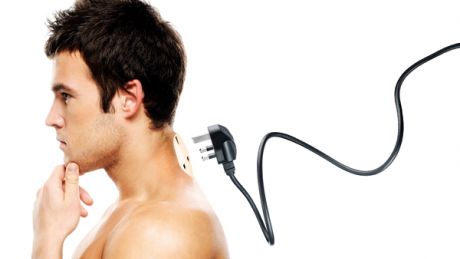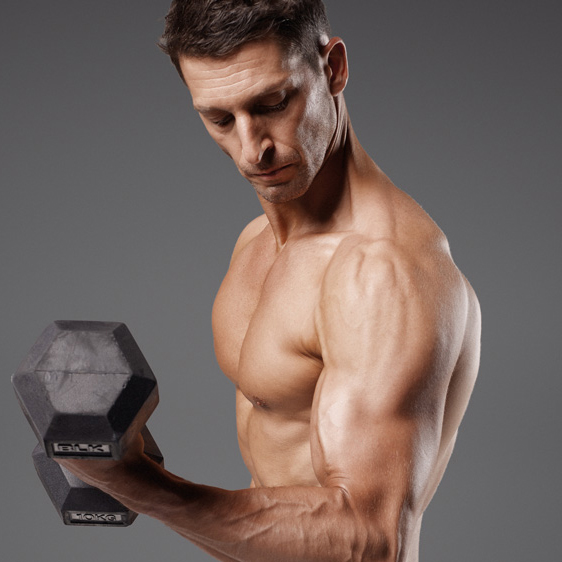How to sleep yourself fit
Plenty of good-quality sleep is vital for letting your mind and muscles recover. Here’s how to get it.

Hit the switch
If your bedroom is a shrine to hi-tech gadgets, it might be time to unplug to unwind. The high-frequency electromagnetic fields generated by artificial currents may disturb your brain’s natural levels, according to the Bio-Electro Magnetics Institute in the US. Brainwaves during sleep oscillate at around 2Hz, while the UK current runs at 50Hz, so ditch the clock radio for a battery-powered one.
Leave work on time
The longer you work, the less chance you have of getting a good night’s kip. Research at Columbia University in the US found that those who worked more than 55 hours a week found it harder to fall asleep, slept for less time and woke up feeling less refreshed than those who worked 35-40 hours a week.
Drift off to classical music
Vivaldi? Bach? Chopin? No, they’re not on our iPod either, but listening to classical music before you hit the sack could improve your sleep. Research published in the Journal Of Advanced Nursing showed that subjects who listened to 45 minutes of relaxing classical music before bedtime significantly improved their sleep quality.
Milk your sleep
Sign up for workout ideas, training advice, reviews of the latest gear and more.
A mug of something warm and milky before bedtime isn’t as rock’n’roll as a midnight shot of Jack Daniel’s, but it will enhance your sleep. People who drank a hot cup of Horlicks at the end of the night found their sleep lasted longer and was less disrupted by periods of wakefulness, according to a British Medical Journal report.
Tire yourself out
Beasting your body in the gym will not only make you look better in your pyjamas, it will improve your sleep quality. A study of medical students published in the journal European Psychiatry found that students who exercised regularly suffered less sleep disturbance. The same study linked alcohol intake to insufficient sleep, so avoid booze to ensure you wake up feeling fresh.
Wash away insomnia
Soaking in the bath tub (perhaps with an indulgent dollop of your girlfriend’s bath foam) will help you to nod off quicker when your head hits the pillow. Research published in the Journal Of Physiological Anthropology And Applied Human Science found that subjects who took a hot bath, or even just a hot foot bath, fell asleep quicker and made fewer restless movements during the first 30 minutes of sleep. The addition of a rubber duck made no difference.
Go for a decaf
Do you really need caffeine to get you going, or is your coffee drinking just a habit? Switch to decaf to find out – and you may find you sleep better as a bonus. A study in the journal Sleep Medicine showed that drinking regular caffeinated coffee, compared with decaffeinated coffee, makes it harder to fall asleep and also resulted in shorter and poorer-quality sleep.
Sleep tight
Getting less than seven hours’ sleep regularly will lower testosterone and growth hormone while increasing the muscle-damaging stress hormone cortisol.
For more health and exercise tips, get Men's Fitness magazine. Subscribe now and we'll give you five issues for £5.

Joe Warner is a highly experienced journalist and editor who began working in fitness media in 2008. He has featured on the cover of Men’s Fitness UK twice and has co-authored Amazon best-sellers including 12-Week Body Plan. He was the editor of Men’s Fitness UK magazine between 2016 and 2019, when that title shared a website with Coach.
